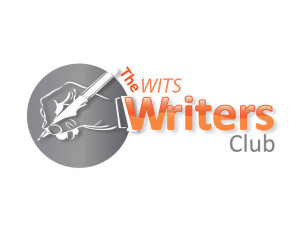I haven’t really said anything online concerning how I feel about students protesting over fees being too high and stuff. It’s not that what I think they did wasn’t brave or really admirable, it’s that I wish I had maybe had the “apples†to have done something that amazing when I was in varsity. I recall scrapping registration fees together from relatives to get into a University to study something, anything I just wanted an education.
I couldn’t afford to step foot into a varsity and I know it (so does my bank balance) but…what they did was very brave and I take my bra off to them. I do this as the highest form of respect for real.
To stand up for a cause takes a lot of “apples†and I wish I had those “apples” in every area of my life.
I am a coward of note and would never risk doing anything that would land me even a stone throw away from a holding cell, let alone an actual jail. There are numerous reasons for this, number one, I fear having a criminal record because I heard even Shoprite won’t hire you as a packer if you have one of those and who would want to be rejected by Shoprite?
Number two, my aunt would kill me before I would get the chance to explain why I was there. My fear for her is too great to fight any system regardless of what it is, I am sorry dear comrades. Number three, I don’t wanna know what teargas smells like, I cannot run to save my life, I’d probably be more of a liability than a comrade during a protest. I am a giant coward and that is it!
It is with all these factors that I admire the students of 2015 who dared to stand up for what they believed in. So…power to those of you who know how to stand up for yourself at work with an unrealistic boss, in family matters with stubborn uncles, a government that buys luxury jets, or at school with ridiculously high fees. In all the fighting that you do, know that there is a coward out there that is me who is thinking and writing about you in her safe little corner admiring your courage.
Blessings
Pops



